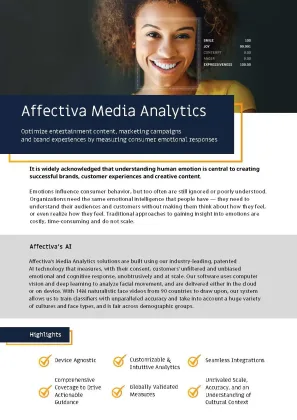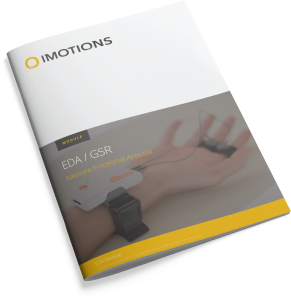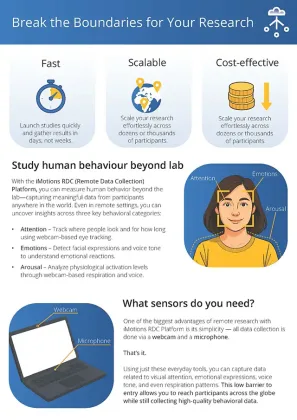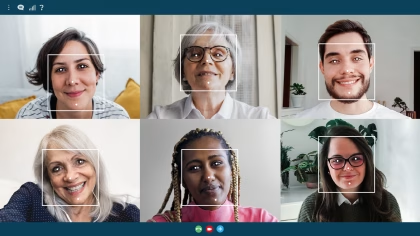In recent years, concerns about anxiety and other mental health issues in university students have been widely reported. Some college campuses have seen increased student requests to bring emotional support animals to campus, although these animals are hard to care for in shared living spaces that are common in college settings. This paper reports on a project that seeks to gain a deeper understanding of the role that kawaii (Japanese cuteness) plays in fostering positive human response to, and acceptance of, companion robots for use by college students. In the long term, this may lead to an understanding of techniques for designing companion robots that assist with student mental health. Specifically, in this paper, we report on a persona-driven and scenario-driven cross-cultural design of two kawaii companion robots and two non-kawaii companion robots. After describing the design process and presenting the companion robot designs, the paper reports on a user study that investigates and compares the desirability of the companion robots based on their level of kawaii. After reading a persona and scenario that provided the context for the design, the study participants viewed videos of the companion robots and answered survey questions regarding the designs. Additionally, participant facial expressions were recorded by iMotions software while the participants viewed videos of the companion robots.



































